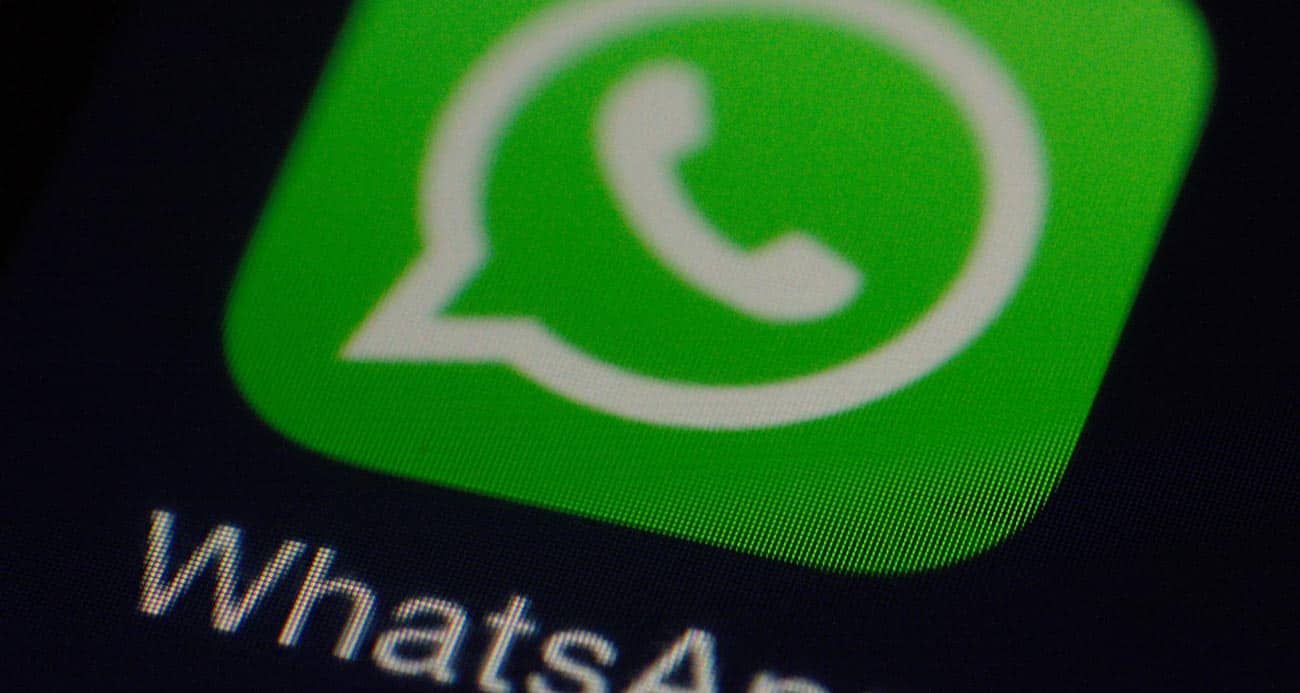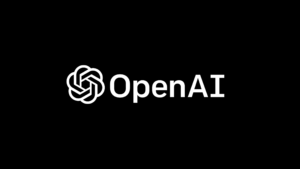
Por Contxto
February 15, 2024
Meta Platforms is scaling back its financial support for news organizations that fact-check misinformation on WhatsApp, particularly concerning election-related content. The reduction in payments is expected to limit the number of fact-checkers monitoring election discussions on the globally popular messaging app and may also affect the organizations’ ability to verify non-election related information.
Since its initiation in 2018, WhatsApp’s fact-checking program has enabled users to report potentially false content directly to news organizations. These organizations then investigate the claims and publish their findings, providing more context or debunking misinformation, which can be shared back on WhatsApp. Currently, 43 news organizations across 47 countries participate in this program, funded by Meta.
However, Meta’s recent strategic adjustments, including promoting features that support larger group conversations on WhatsApp, could inadvertently facilitate the spread of misinformation. This is particularly concerning as the platform has increased the maximum number of participants in a group chat and introduced features like Communities and Channels, the latter allowing unlimited content sharing by users such as politicians and influencers.
Despite WhatsApp’s encryption safeguarding user privacy, it also complicates the detection and correction of misinformation within the app. Meta’s efforts to counter misinformation extend beyond WhatsApp to include content review on Facebook and Instagram. Nonetheless, the company’s ongoing resource reallocation, including layoffs and reduced funding for tools like CrowdTangle, signals a broader shift in its approach to managing misinformation.
This funding reduction raises questions about the effectiveness and future of Meta’s commitment to combating misinformation on its platforms. As misinformation has been linked to real-world violence and electoral manipulation, the implications of diminished fact-checking resources are profound. The initiative’s success and sustainability without Meta’s financial backing remain uncertain, as does the potential impact on public discourse and democratic processes in an election-heavy year.

Por Contxto
February 29, 2024
Por Contxto
February 23, 2024

Por Contxto
February 16, 2024
Por Contxto
January 25, 2024